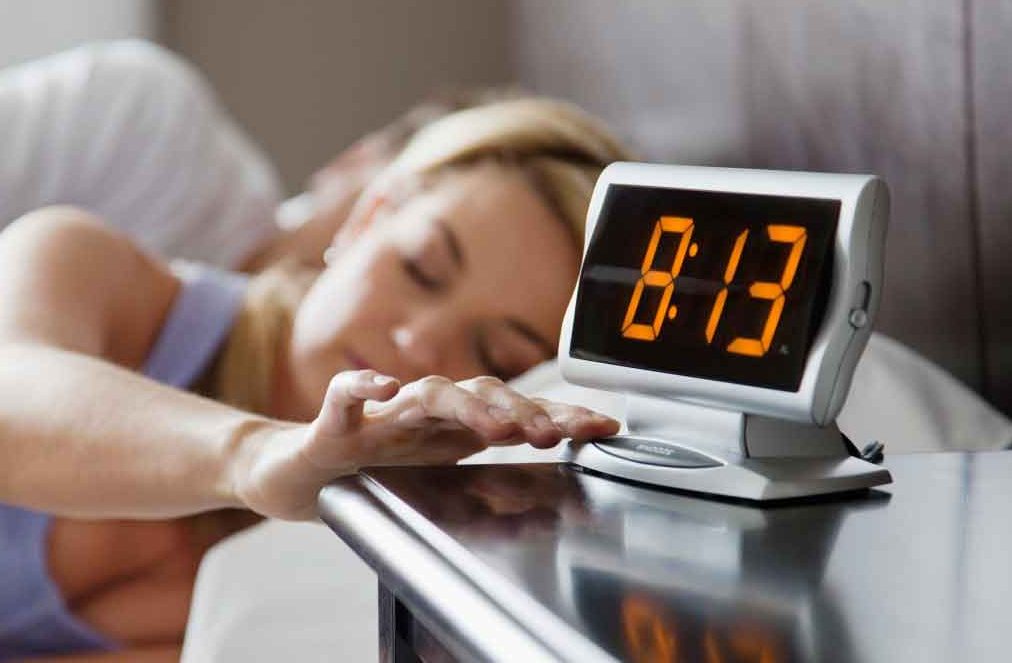Tired Monday Mornings Affect Your Health

Waking up early for work when your internal clock still wants you to sleep could increase your risk of a big waistline. Here’s what you should know.
Working at night is a necessary part of some jobs. But late hours at an office or during a night shift takes a physical toll, raising your risk for type 2 diabetes and heart disease. Even just waking up early on Monday after keeping different hours on the weekend can be rough on your body.
Your circadian rhythm, sometimes called your body clock, is a 24-hour cycle that determines when you are sleepy or alert. It influences many other physiological processes, too.
But not everyone’s internal clock ticks the same. There’s variation in circadian rhythms, which explains why you might be more of a morning person or evening person, according to the National Sleep Foundation. About 40 percent of the population fall into either group, while the rest are somewhere in the middle.
YOU MIGHT ALSO LIKE: How to Synchronize Your Body Clock
Sometimes night-owl tendencies arise from habits like reading texts at bedtime. Large groups of people, however, live out of sync with their body clocks.
University of Pittsburgh researchers looked at the sleep cycles of 447 healthy adults between the ages of 30 and 54 who worked either part-time or full-time during the day. The volunteers wore a wristband that measured their activity and sleep round the clock for a week. They also filled out questionnaires about their diets and exercise habits.
Nearly 85 percent showed a pattern of sleeping later on days they didn’t have to get up for work, suggesting that their jobs disrupted their natural sleep cycle — a phenomenon the researchers call social jetlag.
People with social jet lag had higher triglycerides and were more likely to have insulin resistance (a precursor of type 2 diabetes) and fat around their middles, even after researchers accounted for other factors like depression, exercise, and calories. Night owls tended to do worse.
Keeping to a good sleep schedule can help you manage your weight. Sleep affects hormones that regulate your appetite. Leptin, which makes you feel full, typically rises during sleep, so if you lack sleep, you may end up with lower leptin levels, feel less full, and overeat.
Sleep disruptions also increase ghrelin, the hormone behind hunger. When you’re sleep-deprived, you are more likely to eat high-calorie foods. That’s also one reason sleeping too few hours is a risk factor for type 2 diabetes.
There is an encouraging takeaway from an overview of research linking sleep to health. If you have some flexibility with your sleep cycle and want to lose weight, making sure you sleep well will help you diet.
For some people that may mean arranging to get to work later, if at all possible. The change may give you a mood lift as well as help you stay trimmer.
Other research suggests that social jetlag is linked to attention problems and depression, which are more common in night owls.
Updated:
January 23, 2024
Reviewed By:
Janet O’Dell, RN